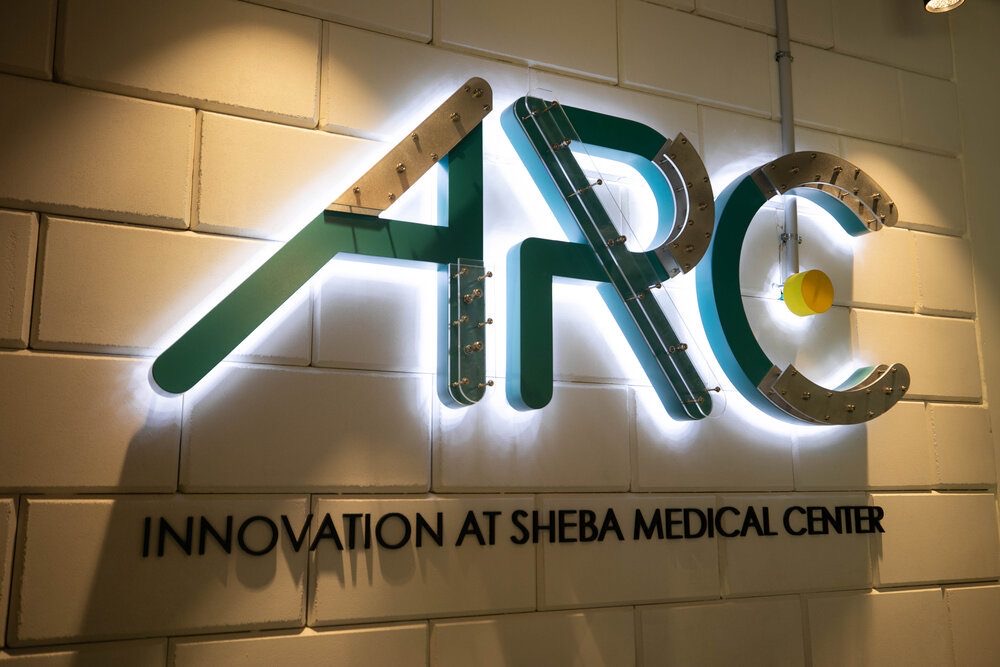
What You Should Know:
– ARC Innovation, the innovation arm of Sheba Medical Center, Israel’s leading medical center and a six-time Newsweek World’s Best Hospital awardee, today announced its participation in the Trustworthy & Responsible AI Network (TRAIN).
– The consortium brings together healthcare luminaries dedicated to integrating responsible AI practices effectively within the healthcare landscape.
AI Transforming Healthcare Landscape
AI is rapidly transforming healthcare, impacting everything from patient education and support to diagnostics, precision medicine, clinical decision-making, and drug development. However, as AI becomes increasingly pervasive, so too does the need for robust guidelines and standards to ensure its responsible and impactful use.
TRAIN: A Collaborative Effort for Responsible AI Implementation
The Trustworthy & Responsible AI Network (TRAIN) was unveiled at the recent HIMSS Global Health Conference. This consortium unites leading academic healthcare institutions, health systems, and technology providers such as Duke Health, Vanderbilt University Medical Center, Microsoft, and ARC Innovation at Sheba Medical Center. By working collaboratively, TRAIN seeks to establish a framework for the responsible use of AI in healthcare, ensuring patient safety, ethical considerations, and optimal clinical outcomes.
“AI is a transforming force within healthcare, with new solutions developed daily, bringing considerable benefits to every aspect of health,” said Professor Eyal Zimlichman, MD, Chief Innovation and Transformation Officer at Sheba Medical Center and Founder and Director of ARC Innovation. “In order to effectively implement AI technologies, innovation must be balanced with responsibility and trust. AI cannot be implemented without safeguards, and only through rigorous quality and safety controls can health systems adopt these new solutions.”
TRAIN members will collaborate to enhance the quality and reliability of AI in healthcare by sharing best practices, enabling registration of AI used for clinical care through a secure online portal, and providing resources for assessing outcomes of AI implementation, while ensuring privacy preservation throughout the deployment phases. The consortium will also support the establishment of a federated national AI outcomes registry to document real-world results concerning algorithm effectiveness, safety, and refinement.

